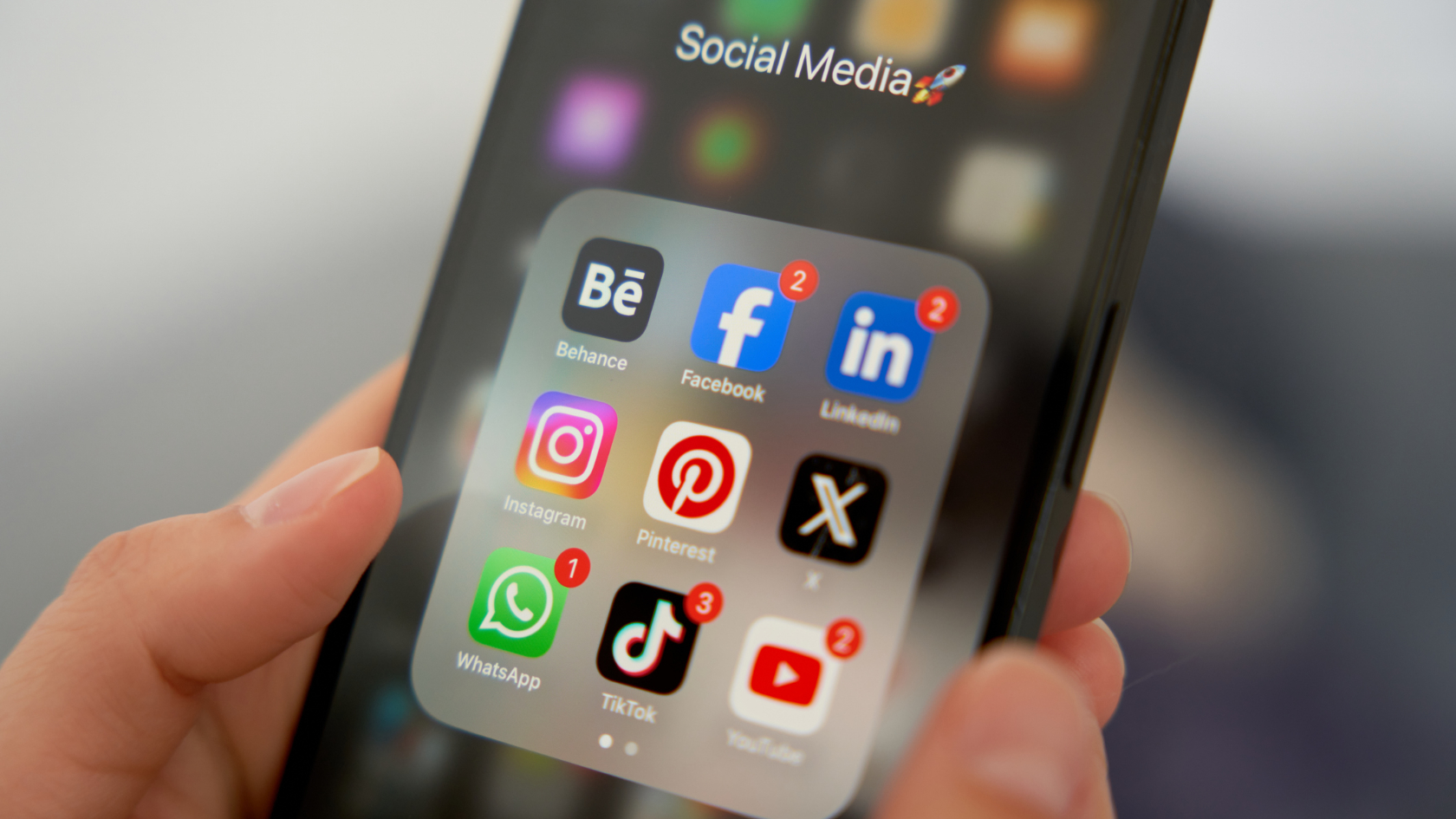News Deprivation on the Rise – with Consequences for Democracy
In 2025, almost half the population of Switzerland (46.4%, +0.7 percentage points compared to the previous year) are considered “news deprived”. In other words, they consume little or no news – and if they do, it is mainly via social media. The number of news deprived people has grown steadily in recent years. The University of Zurich’s Research Center for the Public Sphere and Society (fög) has conducted a representative survey to investigate the consequences of news deprivation.
Consuming social media doesn’t make you well informed
The findings of the Yearbook show that this large group of news deprived people has significantly less knowledge about both political and social issues than the rest of the population. Within this large group, the news deprived who consume no news whatsoever have the lowest level of knowledge. But also those news deprived who get their information exclusively from social media exhibit less knowledge than the other groups. “Regular, active consumption of journalistic content from various channels is therefore crucial to a well-informed population,” says Mark Eisenegger, director of the fög. News deprivation also presents a fundamental problem for democracy, as news deprived people have less trust in politics and the media, participate less often in the political process, and feel less connected to democratic society.
AI chatbots and journalism as an important source on current events
Artificial intelligence (AI) is both an opportunity and a threat for journalism. AI tools are already used by 87% of media professionals, especially for support tasks such as transcription and proofreading. However, journalism is in danger of losing direct contact with the public as users increasingly turn to AI chatbots as a source of information. This raises questions about the role news media plays as a source for AI.
The Yearbook’s findings show that when it comes to questions or prompts related to news and current affairs, news media are the most important type of source. In the case of ChatGPT, 73.2% of the sources identified come from journalism brands, while for Perplexity the figure stands at 66.5%, with international news media accounting for the largest share. For questions related to Switzerland, local media outlets are the central source, with 36.7% (ChatGPT) and 47.1% (Perplexity) of the sources coming from Swiss news media. Two-thirds of these come from Swiss private media, and one-third from the Swiss public broadcaster SRG. In some cases, even media outlets that block AI chatbot access are cited. “AI providers thus benefit greatly from journalistic content – yet media companies receive no compensation for this,” says Eisenegger.
Decline in diversity and contextualization in the long term
The Yearbook’s long-term analyses confirm trends seen in previous years: the quality of news remains stable compared to 2024. However, in the long term, there has been a decline in contextualization and geographical diversity, although improvements in terms of relevance were also measured. “Nevertheless, the reach of news media continues to dwindle, while social media are gaining importance as the primary source of information,” says Eisenegger. The financial situation of news media remains under strain. Advertising revenues are declining, especially in the print sector, while online they are stagnating. And while willingness to pay for online news has increased for the first time in four years, rising by five percentage points compared to the previous year to reach 22.5%, the majority of people in Switzerland are still not prepared to pay to access the news online.
Journalism remains indispensable, even in the age of AI
“Our analyses show that an informed population needs professional journalism,” insists Eisenegger. More frequent consumption of the news is also associated with greater political interest and a clear political stance. Educational institutions and policymakers should therefore invest more systematically in political education and media literacy. At the same time, protecting journalism from commercial AI use is key. AI systems access journalistic content on a large scale, without media companies benefiting from it. “Better protection of intellectual property and fair remuneration for the journalism sector are therefore legitimate concerns, particularly given that the current system of blocking media content for AI chatbots does not provide sufficient protection against unauthorized access.”
You can download the 2025 Media Quality Yearbook here:
Yearbook Quality of the Media 2025 (PDF, 2 MB)
Main Findings of the Yearbook Quality of the Media 2025 (PDF, 549 KB)
Contact
Prof. Dr. Mark Eisenegger
Research Center for the Public Sphere and Society (fög)
University of Zurich
Phone +41 44 635 21 23
E-mail
www.foeg.uzh.ch
